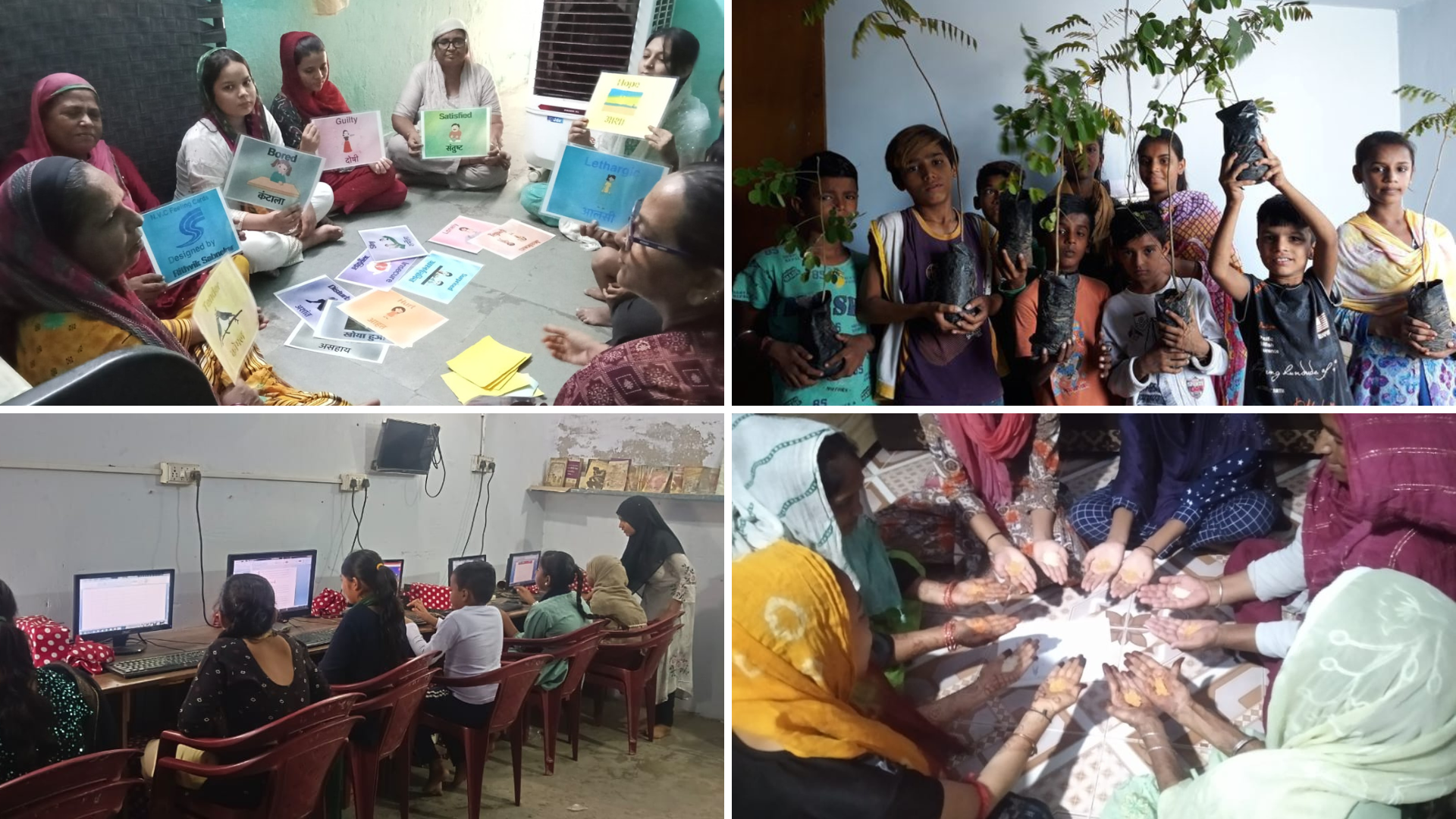Partners
Sanchetana
Being a physician trained in psychiatry, he was able to identify psychosomatic complaints among his female clients stemming from domestic abuse. This led to Sanchetana transitioning to community health work. Sanchetana also identified the issues of poverty, exploitation, lack of education, lack of awareness of rights, superstitions, and division based on caste. Consequently, they started providing support in the areas of education, healthy living environments, and intra-communal and intra-personal conflicts among their service users. In the following years, they extensively worked on the sexual and reproductive health of women, education for children in the community, vocational training for young girls and women etc. including classes in computers, English speaking, basic and advanced stitching, beauty parlours, and henna and provide capital assistance to the women. Their health club model works on capacity building for young girls from the community who spread awareness of reproductive and menstrual health. At present, around 30 leaders have started health clubs, and they have imparted training on various topics of Reproductive and Sexual Health to the girls and women in their areas. In the aftermath of the 2002 riots, Sanchetana understood the importance of peace-building and communal harmony in Ahmedabad. They offer training in Non-Violent Communication (NVC) to address violence and emotional health awareness for young girls and women.
Work with MHI:
Sanchetana is partnering with MHI to focus on the emotional health of their clients. The project aims to create 50 compassionate leaders over three years by establishing 20 empathy circles with 7-10 members from non-violent communication training members from diverse religions and castes. The idea of ‘empathy circles’ is inspired by their health club model. These circles would conduct sessions on connecting with and managing one’s emotions, art therapy, psychodrama etc.
They aim to promote peace and harmony among service users by raising emotional awareness and introducing girls and women to Non-Violent Communication. They see this as a tool to create safe spaces and sisterhood within their service users; and promote their mental and emotional well-being.
For more information, please visit Sanchetna's website here.
